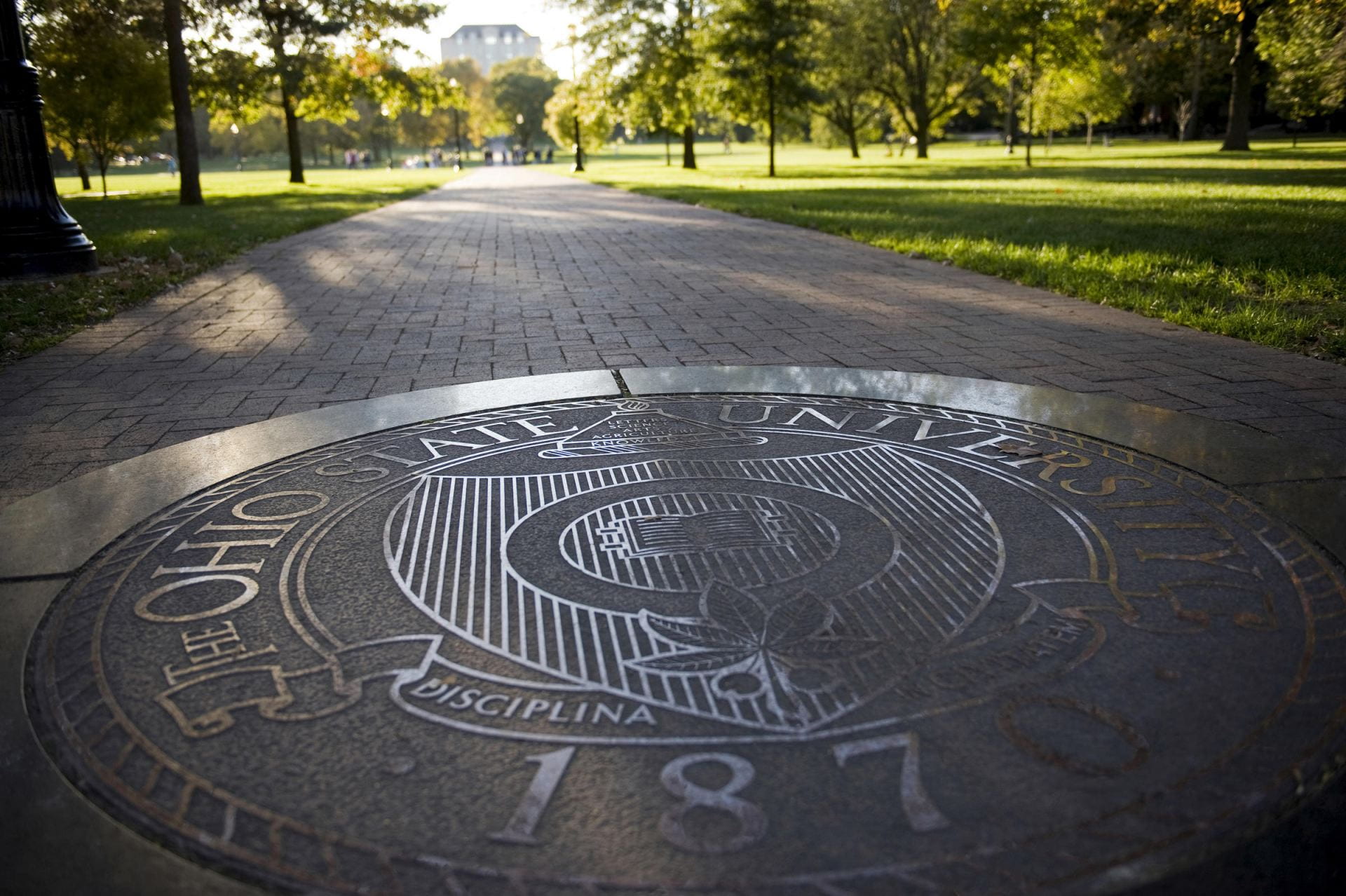
Former Ohio State researcher Song Guo Zheng was sentenced to 37 months in prison for falsifying claims about his role in furthering Chinese medical research. Credit: Lantern file photo
Former Ohio State researcher Song Guo Zheng was sentenced to 37 months in prison for making false claims about his role in an immunology research fraud scheme Friday, according to a U.S. Department of Justice press release.
According to the release, Zheng was also ordered to pay more than $3.4 million in restitution to the National Institute of Health and about $413,000 to Ohio State for using $4.1 million in federal grants to funnel toward immunology and rheumatology research in China.
“American research funding is provided by the American taxpayer for the benefit of American society — not as an illicit gift to the Chinese government,” John C. Demers, assistant attorney general for the Justice Department’s National Security Division, said in the release.
The Thousand Talent Program is a program the Chinese government uses to recruit individuals with knowledge or access to foreign technology and intellectual property to conduct work in China, according to the release.
Zheng had participated in the Chinese Talent Plan since 2013. During his time in the program, he failed to disclose his employment in China at the same time as he was employed at U.S. universities, including Ohio State and Pennsylvania State University, according to the release.
“In yet another case involving the Chinese government’s Thousand Talents program, Song Guo Zheng will spend the next 37 months in a federal prison because he chose to lie and hide his involvement in this program from the U.S. research funding agencies,” Demers said.
Zheng was arrested May 22, 2020, after he arrived in Anchorage, Alaska, to board a charter flight to China, carrying three large bags, one small suitcase and a briefcase containing two laptops, three cell phones, several USB drives, several silver bars, expired Chinese passports for his family and other items, according to the release.
Zheng pleaded guilty in November 2020 and admitted he lied on applications in order to use the grants to further China’s expertise in medical research, according to the release.
Ohio Congressional Rep. Anthony Gonzalez previously condemned the programs. In April, he sought to cut Ohio State’s funding if they host a Chinese-funded learning center staffed with trained teachers from China called a Confucius Institute in an attempt to limit the Chinese government’s influence on college campuses. However, no Confucius Institute is affiliated with the university.
Special Agent in Charge Chris Hoffman for the FBI’s Cincinnati Field Office said in the release that Zheng’s failure to disclose his foreign funding and support damages the public’s trust and undermines the credibility the American people place in U.S. research.
“This sentence should serve as a deterrent and underscores the FBI’s commitment to work with our partners to investigate individual’s whose actions throw a cloud over the cutting-edge work being done at U.S. universities,” Hoffman said.
Special Agent in Charge Lamont Pugh III for the U.S. Department of Health & Human Services’ Office of Inspector General, Chicago Region, said the Office of Inspector General will continue to identify and investigate instances of falsified information regarding sources of research support to ensure the proper use of taxpayer dollars.
The Lantern reached out to the university for comment, and the story will be updated once it’s available.


